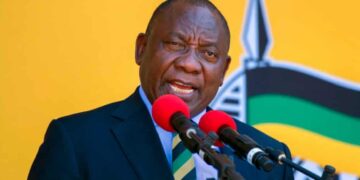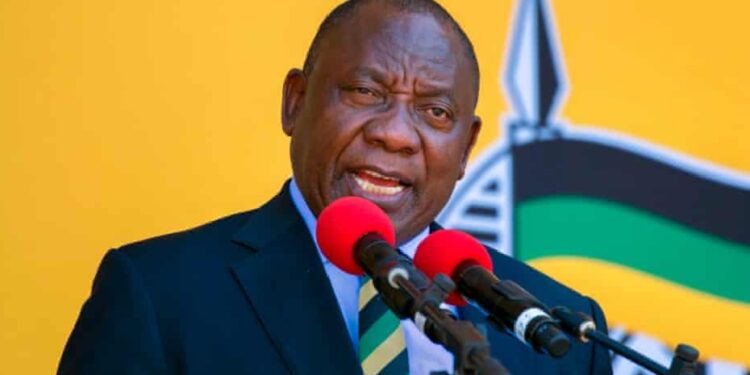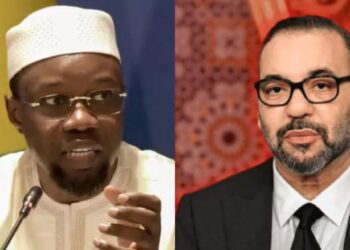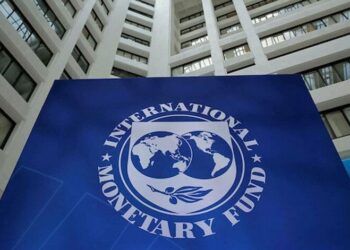By Enyichukwu Enemanna
A court in South Africa on Monday reopened an inquest into the killing of four anti-apartheid activists by a police hit squad in 1985, a case described as one of the most notorious atrocities of the apartheid era.
The victims, three teachers identified as Fort Calata, Matthew Goniwe and Sicelo Mhlauli, and railway worker Sparrow Mkonto, were abducted and killed in the southern town of Cradock while returning home from a political meeting 40 years ago.
After four decades, no one has been brought to justice for the “Cradock Four”, dubbed after the name of the city where their murder took place.
Their families have accused the post-apartheid government of interference to block the case from going to trial.
“After 40 years, the families are still waiting for justice and closure,” a lawyer, Howard Varney, representing relatives of the four men, told the court on Monday in an opening statement.
“We intend to demonstrate that the deaths of the Cradock Four were brought about by way of a calculated and premeditated decision of the apartheid regime, taken at the highest level of the government’s state security system,” Varney told the court in the Eastern Cape city of Gqeberha.
A body known as the Truth and Reconciliation Commission, put in place to unravel political crimes carried out under the apartheid regime, denied amnesty to six suspects in connection with the killings, leaving them open for trial.
The lawyer, however, says the post-apartheid authorities took no action to ensure their prosecution.
This may have been in part due to a “toxic mix of idleness, indifference, incapacity or incompetence”, but the families also believed “political forces intervened to block their cases from proceeding”, he said.
“This inquest is probably the very last chance that the families will get to reach a semblance of closure. They deserve nothing less than a full and comprehensive accounting with the past,” the advocate said.
The latest is the third inquest into the Cradock Four killings, which came at the height of the white-minority government’s repression of anti-apartheid activists.
In January, 25 families of victims and survivors of apartheid-era crimes, including the Cradock Four, announced they were suing the government over a “gross failure” to investigate and prosecute perpetrators.
In response to allegations of deliberate delays in prosecution of apartheid-era crimes, President Cyril Ramaphosa in April set up a judicial panel of inquiry.
The resumption of court proceedings is happening at a time South Africa is struggling to repair frosty relations with the United States over alleged persecution of whites in Pretoria.
Trump had accused Ramaphosa of enacting a land administration Act which targets white farmers, who are the majority of landowners.
Washington earlier in the year signed an Executive Order freezing financial aid to Pretoria and expelled its ambassador.
Last month, during a visit to Washington, Trump confronted Ramaphosa with video, which he termed evidence of genocide against white farmers.
Trump played the video showing an opposition leader, Julius Malema, chanting “Kill the Boer!” and what he claimed were burial sites of murdered white farmers.
Ramaphosa, however, quickly pushed back on the claims, denying the killing of whites in South Africa.



































